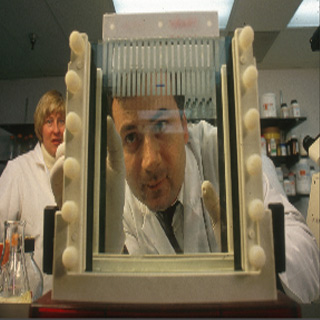
Generally relapsed patients seem to go through additional chemotherapy for a second remission followed by very intensive treatment. This treatment may comprise ‘supralethal’ chemotherapy, total-body irradiation (TBI), and hematopoietic stem cell transplantation. But radiation resistance of leukemia cells appears to damage the capability of such therapeutic approaches and results in poor survival.
“We knew that we could kill radiation-resistant leukemia cells if we only knew what made them so resistant. So we set out to determine the mechanism. Once we determined the mechanism, the next step was obvious — to rationally design a drug that would take out that specific target,†explained Dr. Fatih M. Uckun, MD, of The Saban Research Institute of Childrens Hospital Los Angeles, a professor of Research Pediatrics at the Keck School of Medicine at the University of Southern California and the lead researcher.
The investigators have apparently put forth a first proof-of-principle that radiation resistance of an aggressive leukemia can be tackled. This is possible by the employment of a rationally-designed specific drug directed against the resistance machinery of leukemia cells. Tests on mice were conducted by the scientists. It was observed that efficiency of radiation therapy against leukemia boosted when combined with the newly developed medication called C-61.
The research will be published in the October 2010 issue of Radiation Research, the official journal of the Radiation Research Society.
